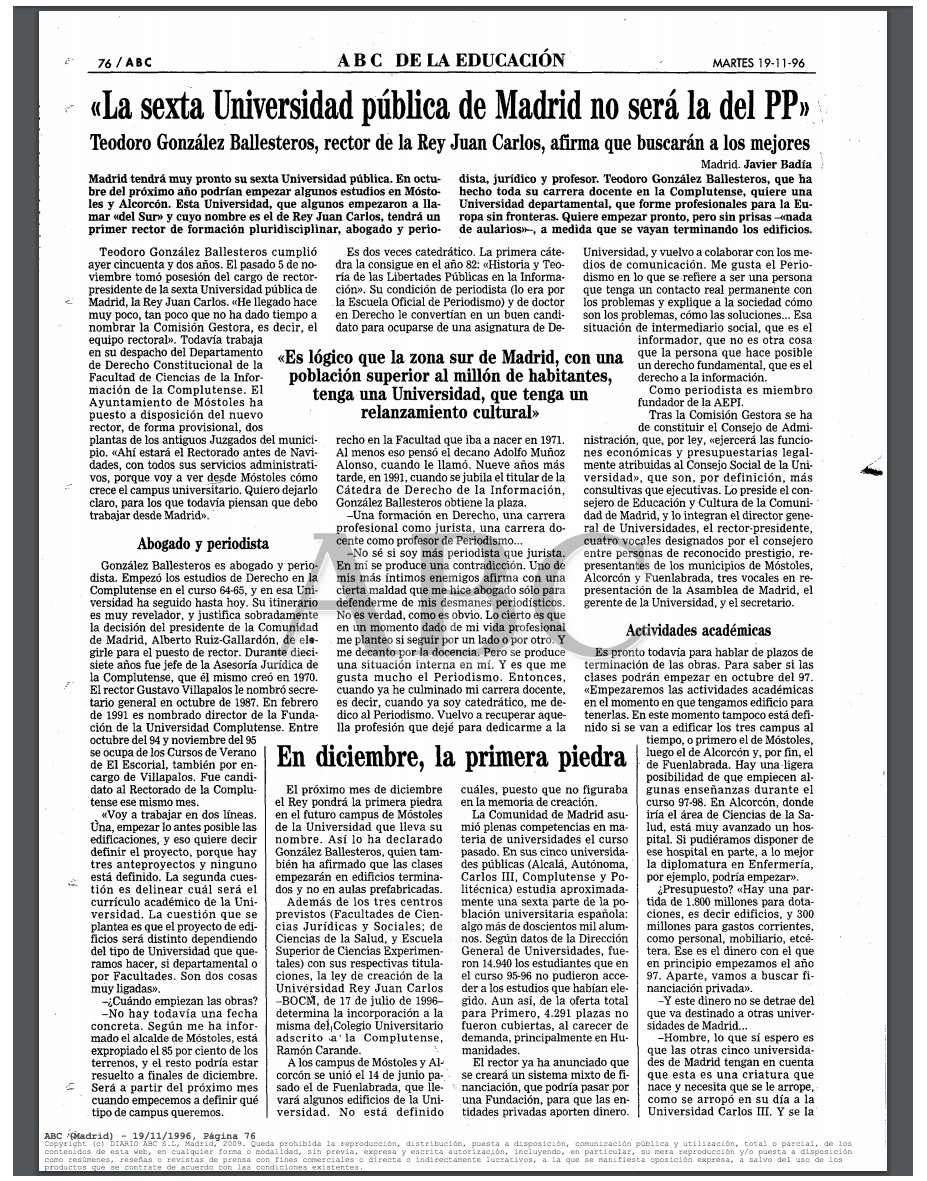But the origins of the crisis are more complex. The pipeline shutdown had the unintended consequence of making it more difficult for fuel tankers to unload their cargo at Mexico’s seaports after
have ships entering the ports.” A Pemex spokeswoman attributed
typically slow in January. Over the last four years through January 2018, Mexican gasoline imports have slowed by an average of 8%
Mexico City.
Reduced purchases from Mexico could weigh heavily on U.S. refiners.
“It would create a problem in the short-term,” said Sandy Fielden, director of oil research for Morningstar Inc.
Before Mexico’s 2013 energy overhaul, which opened up the industry to private investment











